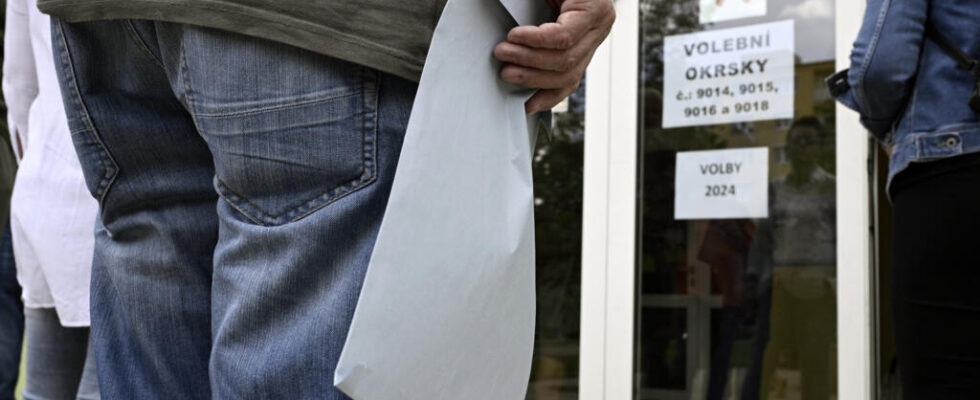In the Czech Republic, polling stations opened at 2 p.m. on June 7 for the first day of the European vote. The war in Ukraine is not the only subject raised during the election campaign, with other issues important to the economy of this central European country of just over 10 million inhabitants, member of the EU since 2004.
2 mins
With our correspondent in Prague, Alexis Rosenzweig
It is first of all the score of the opposition and the movement of billionaire Andrej Babis, which will be one of the main issues of this European election, and especially the extent of its lead over the parties which form the current coalition government in Czechia.
Ultimately, it was not so much on migration that Andrej Babis campaigned, all the parties being more or less on the hard line of very selective immigration with more or less reluctance regarding the European migration pact.
This is in fact the question of the Green Deal, the Green deal, which was used to attack the government, with a Czech automobile industry and internal combustion engines to defend. The former Prime Minister even made a video behind the wheel of a very large car and one of the candidate lists bears the eloquent name of “engine manufacturers”.
Read alsoOur articles, reports and broadcasts on the 2024 European elections
Towards a record abstention?
Abstention risks being high, again: less than 30% participation, according to estimates, and in the Czech Republic too the risk is that this low participation benefits the extremes, with a Czech extreme right close to the French National Rally and hostile to the military aid very actively provided by the Czech government to the Ukrainian army.
Read alsoCzech Republic raises funds to buy 300,000 shells for Ukraine
Likewise, the Czech Communist Party, allied with several small far-left groups, defends positions much more favorable to the Kremlin in the ongoing war in Ukraine.
Read also2024 European election results
